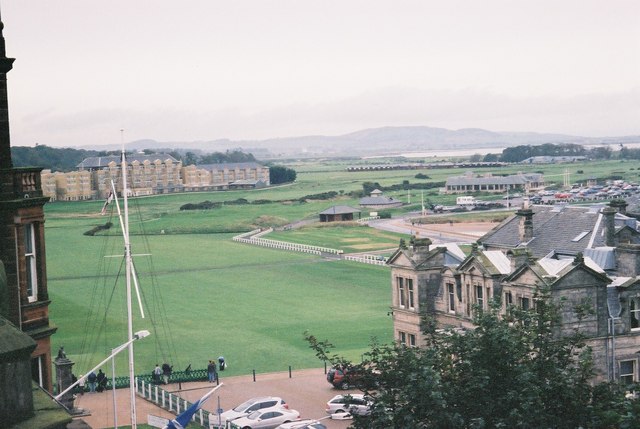It seems hard to believe that four years have gone past
since the nation and the world witnessed the stirring spectacle of the London
2012 opening ceremony. The most
memorable part of the ceremony was the spine-tingling sequence representing
Britain’s Industrial Revolution, but prior to that there was a comedy sketch involving
British comedian Rowan Atkinson playing a pianist with a repetitive role in a
performance of the theme music to Chariots of Fire, a film made in 1981 but
re-released in 2012 prior to the London Olympics, which tells the story of two
athletes who, after years of training, are accepted to compete in the 1924
Paris Olympics. The film triumphed at
the 1982 Oscars, winning four awards including Best Picture. The music also earned its Greek composer
Vangelis an Oscar for Best Original Score.
Anyone who has seen the film will remember the scene near
the beginning where, with the theme music as a backdrop, the athletes raced
along a glorious sandy beach in their white period racing gear, their feet
splashing in the shallows. In the 2012 opening
ceremony Rowan Atkinson’s mind wanders off during his boring part of the
musical performance and he starts fantasising about being a part of the beach
scene. Some clever camera trickery is
used to superimpose him on the scene alongside the original actors. Ben Cross, who played Jewish athlete Harold
Abrahams in the film, described the act of running along the sand as ‘hell’. Worth enduring though, for what has come to
be one of the most iconic scenes in British film, so much so that people can
often be spotted recreating the scene on the beach.
So where was this beach?
Well in the film it was meant to be Broadstairs, but in fact, the scene
was shot at West Sands in St Andrews, Scotland’s answer to Oxford, famous for
its university and the fact that the Duke and Duchess of Cambridge met
there. Famous also for its fine golf
courses, one of which was founded in 1754 and is regarded as the home of golf. St Andrews was chosen as a
cost-saving measure, due to the fact that other scenes were being filmed
elsewhere in Scotland. Filming on a
beach is not without its problems: the story goes that the crew were forced to
return to the location to film the sequence again because sand had got into the
camera the first time round, damaging the negatives.
 |
| West Sands Beach, St Andrews - geograph.org.uk - 1803950. Photo by Stephen Sweeney, via Wikimedia Commons |
The production crew had to change the outward appearance of some of the city’s newer buildings to make them look more in keeping with the period. Towards the end of the beach sequence an imposing building can be seen near the golf course, with the name Carlton Hotel on it. The building was used as a University residence at the time but was relabelled for the film. Sean Connery reportedly joined the film’s producer David Puttnam at a screening of the film, and when the building came into view he tapped Puttnam on the shoulder and said “That’s not the Carlton Hotel, that’s St Andrews”. Apparently a lot of the extras used in the filming were recruited the night before from the local bars.
 |
| St Andrews Golf Links from The Scores - geograph.org.uk - 305228. Photo by Rob Bishop, via Wikimedia Commons |
Although the city did not form a part of the film’s story and,
Connery aside, many people would not have recognised it in the beach scene, St
Andrews is evidently determined not to forget its role in the film, with a
plaque commemorating the filming and a hotel bar called Chariots. There is also an annual Chariots of Fire fun run
on the beach, giving fans of the film a chance to relive the scene.
Map of the area.